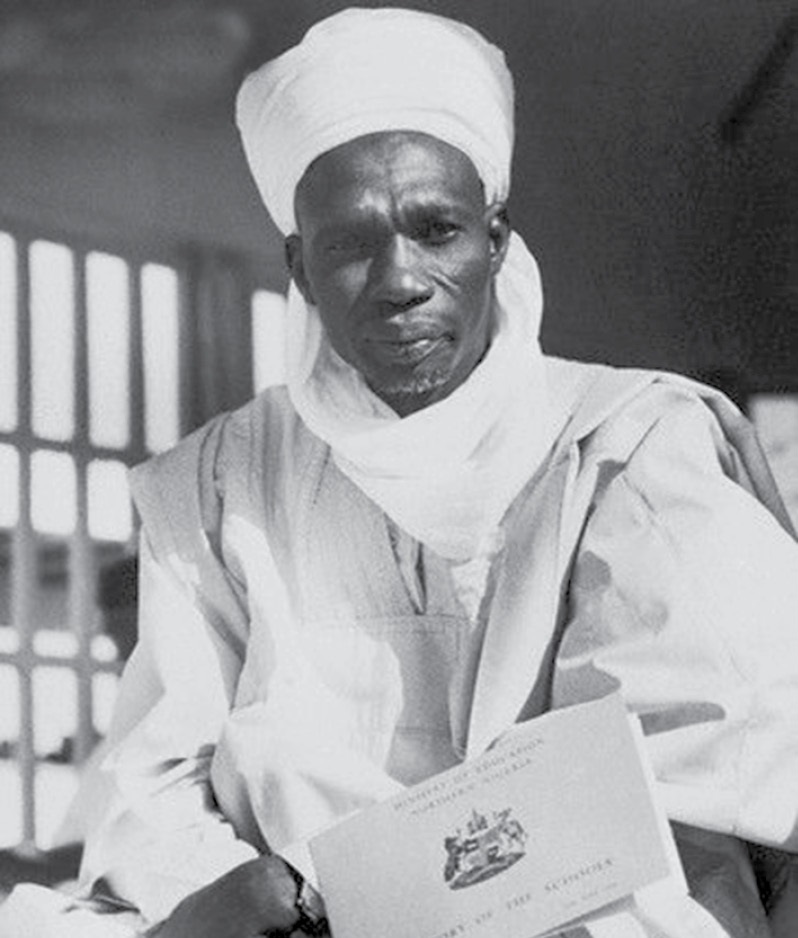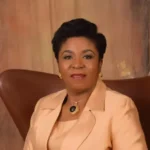The federal government has been urged to revisit the blueprints of Alhaji Abubakar Tafawa Balewa, Dr Nnamdi Azikiwe, Chief Obafemi Awolowo and Sir Ahmadu Bello and other forebears to overcome the present socio-economic and political challenges facing the country.
The pioneer national coordinator of the National Unity Pathfinders (NUP), Ambassador Sixtus Obinna Nwoke, and national secretary, Saleh Alhassan Kubah, an engineer, made the call in Abuja at the inaugural meeting of the Central Working Committee (CWC) of the organisation.
They said the present challenges were surmountable and a revisit of the blueprints and governance legacies of the country’s founding fathers would help find lasting solutions to the challenges.
The meeting was attended by political and economic personalities across the six geopolitical zones of the country.
- Terrorism, banditry hinder peace in W/Africa – Speaker Abbas
- Cleric wants decisive actions against substance abuse among youths
“We are reminded of the tireless efforts of our illustrious forebears who laboured for a more united and prosperous Nigeria.
“Their legacies serve as a clarion call for us to continue the unfinished task of building a country where unity, peace, and prosperity reign supreme.
“Today, we gather as pathfinders committed to charting a new course for our beloved country.
“We are united in our quest for a Nigeria that is aligned with the aspirations of the country we want. We envision a Nigeria that is driven by the principles of unity, self-determination and a commitment to the wellbeing of all citizens,” Nwoke said.
He said they were guided by an integrated nation, politically united and based on the principles of equality, justice and solidarity; a nation where citizens enjoy unfettered access to education, science, technology and innovation; and a nation that is prosperous, with inclusive and sustainable economic growth, among others.
He listed high mortality rate, food insecurity and the need to make agricultural materials affordable for food sufficiency and sustainability as part of the topmost challenges to be overcome.
He, therefore, called for promotion of economic development that is inclusive and sustainable, with focus on industrialisation, innovation, and entrepreneurship; strengthening the political institutions, ensuring accountability, transparency and good governance; and foster a culture of unity and inclusivity, celebrating the diversity and promoting social cohesion in the country.

 Join Daily Trust WhatsApp Community For Quick Access To News and Happenings Around You.
Join Daily Trust WhatsApp Community For Quick Access To News and Happenings Around You.


